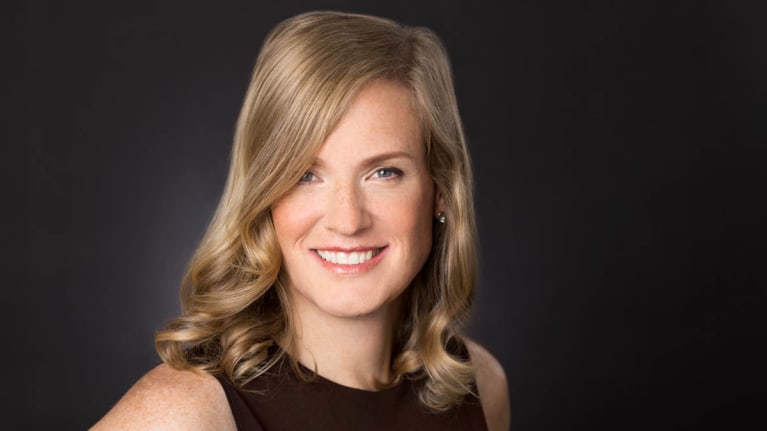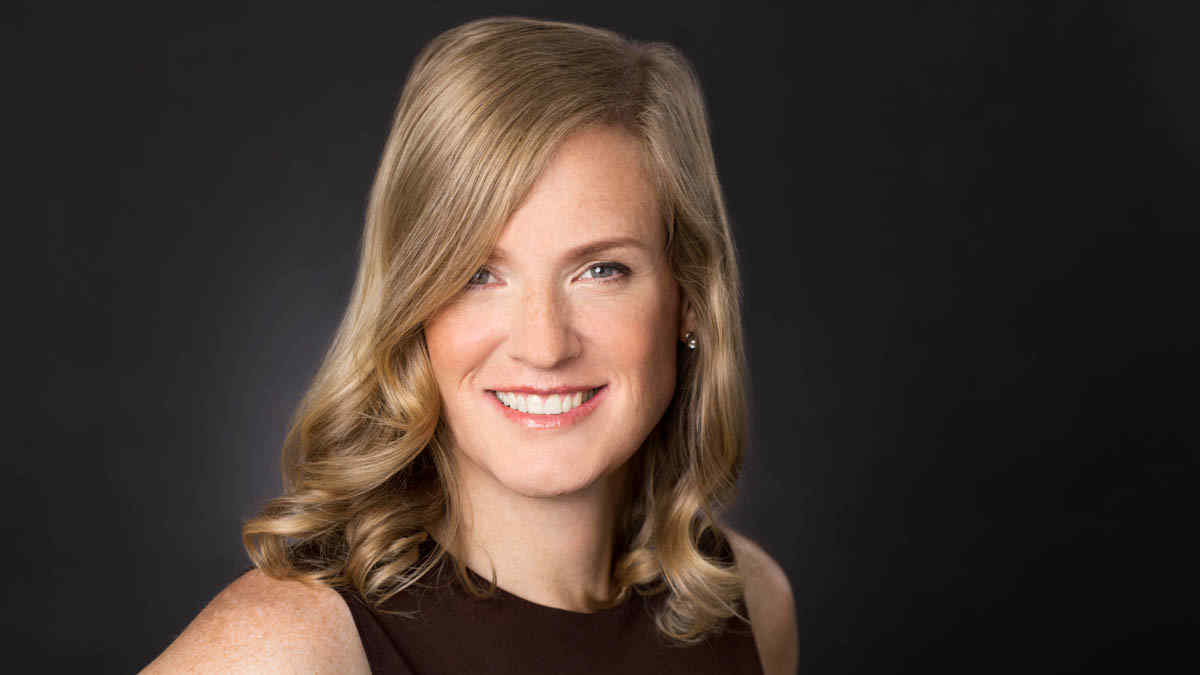

?Vivienne Ming is a pioneer in the modern tech world, a neuroscientist, an entrepreneur and a mother of two who is also transgender.
Ming is co-founder and head of Socos Labs, a Berkeley, Calif.-based independent think tank that considers itself a “mad science incubator.” It focuses on using machine learning, neuroscience and economics to explore the future of human potential.
Based on her AI-driven research into inclusion and business, Ming has no doubt that inclusivity drives productivity. She has harnessed artificial intelligence to help treat her diabetic son. She also developed the so-called Tax on Being Different, which shows that women, ethnic minorities and LGBTQ employees often have to do more to achieve the same career and financial goals as their peers.
Has hiring become too automated and too focused on data points that aren’t good indicators of future productivity, such as an applicant’s school, grades and most recent job?
There’s certainly a role for automation in hiring, whether it’s machine learning or other tools. But if you think AI can tell you that this person is “gritty”—often a key indicator of success—you’re mistaken.
There are ways to combine things like old-school job interviews with new tools. But the instinct of product makers and users is to find ways to make the process easier. It may sound paradoxical, but I would make the process harder because you need to take the time to really understand candidates.
What is the Tax on Being Different?
While I was the chief scientist at an HR recruiting company called Gild, reporters started calling and asking for comment about a job candidate named Jose who claimed he got more offers when he changed his name to Joe. When I looked at the data, it turns out that for software developers, being named Jose means you need a master’s degree or higher to be competitive with Joe with no degree at all.
That’s obviously a huge burden. In the case of Joe versus Jose, we estimated the “tax” on Jose is three-quarters of a million dollars in terms of extra education and extra years of work required to get the same outcomes.
When you compare men versus women, the tax on women is about one-quarter of a million dollars over the course of a career. A lot of those costs occur early on, and some of those differences disappear later. But lots of people have to work so much harder to get to that stage that many give up before then.
More companies are publicly committing to diversity and inclusion. Are these initiatives having a positive impact?
You see some evidence of progress, but it’s striking how slow it’s been. For example, equitable gender representation on corporate boards has been slowing since the 1990s. This is despite the fact that the business case for diversity is an easy one to make. Again and again, more diverse entrepreneurial founding teams, more diverse boards, more diverse companies—all things being equal—tend to outperform less diverse businesses, often substantially.
Can HR professionals drive this diversity push?
Yes, but I don’t think you can solve diversity problems from the bottom. If a company doesn’t have diversity in the C-suite or on the board, female, ethnic and LGBTQ workers will think, “Why put in those extra hours on the weekend if it’s not going to pay off?”
At one biotech company our company worked with, when women were put in high-visibility roles, it impacted hiring. More women coming out of university with chemistry degrees began applying and were subsequently hired by the company.
These changes have to take place all through an organization—and I do think a lot of companies want to make them, but they’re finding it’s not as easy as they thought it would be.
You’ve often said that dedication approaching fanaticism about one’s job is a major predictor of career success. How can HR encourage that while preventing it from quickly turning into burnout?
We did an analysis of a giant company with 430,000 workers and found one of the biggest success predictors lay in people making sacrifices and taking actions for which they would never receive credit, such as helping co-workers on projects they’re not formally involved in. And the thing that correlates most strongly with people making these kinds of efforts is having a sense of purpose.
Employers don’t want to mandate that workers bleed the corporate colors, but if a company can provide ways for people to have purpose in their lives through their jobs, that ends up being a huge predictor of positive life outcomes in their careers, their health, even their circles of friends.
Interview by David Ward, a freelance writer based in North Carolina.

